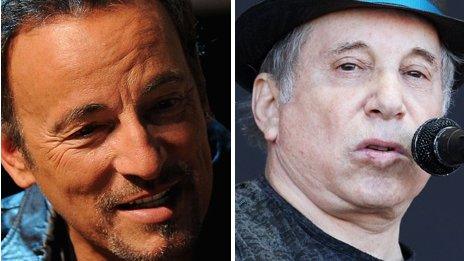Paul Simon on happiness, death and Donald Trump
- Published
Paul Simon discusses his new album Stranger to Stranger
As he approaches his 75th birthday, Paul Simon is feeling content.
"Oddly enough, the older you get, the happier you get," he says.
"When you've passed through crises a few times - when people die, when you experience enough sadness and enough joy - you tend to turn your attention towards the joy.
"The sadness is a constant anyway, so why deliver it as a gift to someone else? 'Here, take my sadness and listen to it for an hour.' I wouldn't do that."
The philosophy underpins his new album, Stranger To Stranger. Lyrically rich, it discusses old age, faith, love, ecology and social inequality - all delivered with a good-humoured faith in humanity.
"It's all jokes," he grins. "I never say, 'Somewhere in here I'd better get in something about mortality, because that's so entertaining'."
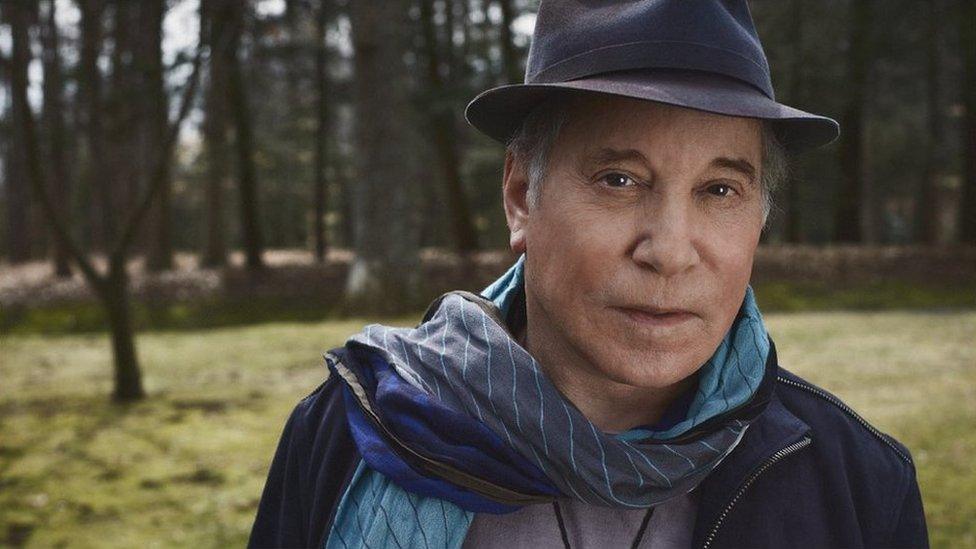
'I certainly think you get smarter as you get older'
But his self-deprecation is dishonest. Simon is an astute craftsman, a master of precision. Like a comedian, he lets those jokes land.
"If I say something that's unusual, or a thought that requires a second to think about, I'll usually follow that with a cliche," he says. "So as you're digesting that, you're not really losing anything."
That's why his album has been four years in the making. Every note, every lyric was honed until it was perfect.
"A lot of people believe first idea, best idea, but I don't. I'll sing a song many, many times before I get the vocal I want.
"I re-write songs, not because I'm trying to make them more commercial, but because there's something about them that's unsatisfying to me.
"My thought is that the ear always goes to the irritant and, eventually, you find the thing you don't like in a song and that's got to go.
"Sometimes it takes me a year or two. I'll be in denial about it. But once it goes, then I'll try and fix it."
Paul Simon performs Graceland on Later... with Jools Holland in 2006
It's an approach that has paid dividends. From Sounds Of Silence and Bridge Over Troubled Water, to Me And Julio Down By The Schoolyard and Graceland, Simon has a songbook to rival those of Paul McCartney and Bob Dylan.
Yet he is rarely mentioned in the same breath - which is strange, because his recent output beats theirs hands down, possessed of a lyrical wit and musical curiosity that seems to have abandoned his 1960s peers.
For Stranger To Stranger, he sought out Italian dance producer Digi G'alessio - who goes by the name Clap! Clap! - to embellish the grooves, which are inspired and underpinned by the rhythms of flamenco.
The shuffling drum patterns and clattered hand claps are reused and recycled on various songs - giving it a thematic cohesion that amplifies the record's recurring characters and lyrical motifs.
"In jazz you'll find repetition of a theme, transferred to another instrument or inverted," explains Simon. "Not so much in pop music, where the emphasis is on the vocal.
"Then I thought I've used so many different, interesting rhythms over the years, why do I have to go into a studio with a drummer and say, 'Let's find a groove?'
"They're already there. They're all across my albums. I can just take it and digitally alter it and make it into a different sound. Re-contextualise it. And that gives the album a sonic coherence that I think the listener feels without being aware."
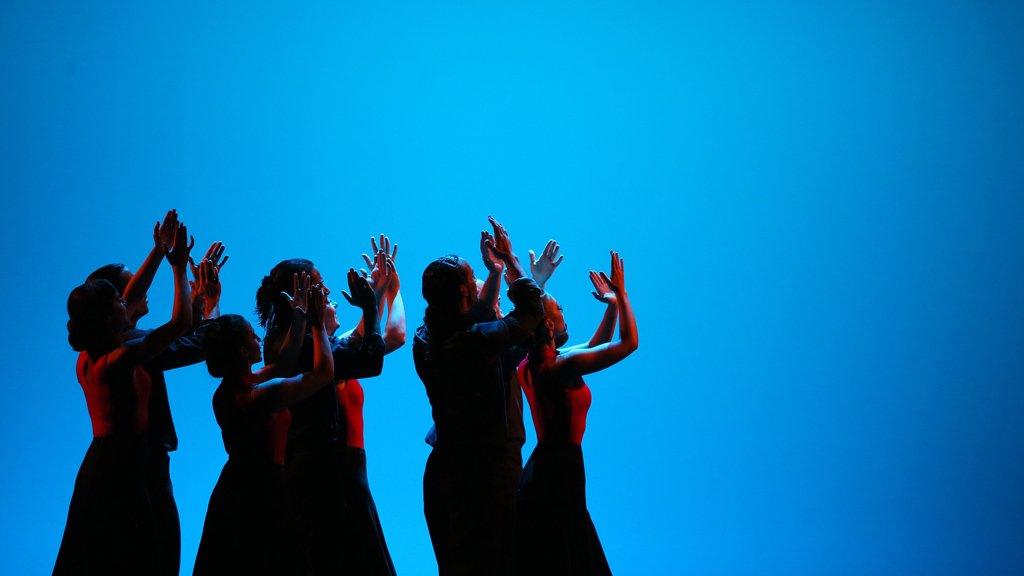
The intricate handclaps of flamenco music colour the singer's latest album
The first single from the album is Wristband - the story of a rock star who gets locked out of his own concert after sneaking on to the fire escape for a sneaky cigarette.
But by the third verse, the rocker's inability to get past security becomes an allegory for the social divide in America.
"The riots started slowly with the homeless and the lowly," he sings in that conversational, ageless voice. "Then they spread into the heartland towns that never get a wristband."
It's a funny song that makes a hard-hitting point. And Simon is deadly serious.
"There's inequality and the inequality is institutionalised. A lot of people start off life with such a disadvantage - they're born into poverty, or [they face discrimination] because of their race or gender.
"People are more and more aware of the fact the world is not fair. How that feeling will manifest itself, I'm not sure, but it's powerful enough that we all should be frightened."
This is why Donald Trump has dominated the political conversation for the last 12 months, he says.
"He articulated that anger in a way that was atypical of politics. You know, 'I'd like to punch that guy in the face'. Nobody says that - but he did and people were like, 'Hooray! Hooray for that!'
"As his message became more negative, that connected with deep-seated anger that many people feel in the United States.
"And there is potential for that rage to explode in a way that does enormous damage."
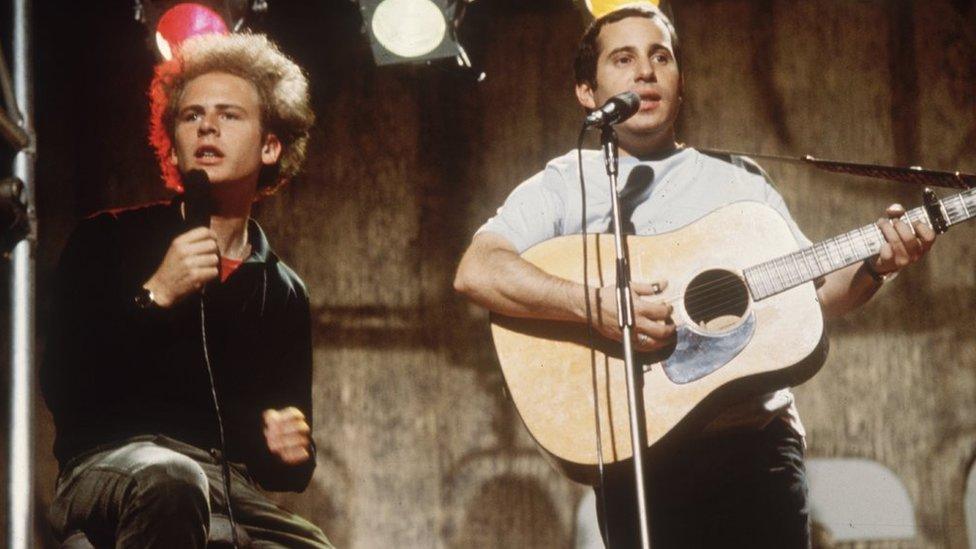
Simon first found fame with Art Garfunkel but although they toured as recently as 2009 the two are not currently on speaking terms
Simon, it goes without saying, does not support Trump - and although he has given Bernie Sanders permission to use his music at rallies he insists: "I am not a political animal."
"But I also feel that if you are attempting to create beauty, that's a value system. The very fact of adhering to that value system makes a political statement vis-a-vis those people who are trying to create ugliness and rage.
"So Graceland was a very political record, but there's no song on there that's talking directly about [apartheid]. It's just that the statement of the record was very political."
The singer's conflicting views on the state of the world are encapsulated in Stranger To Stranger's title track, where he sings: "I'm just jittery. It's a way of dealing with my joy."
"When you become very happy you often feel nervous because, well, maybe this will stop," he explains.
"Unless the desire for beauty is deeply embedded in our DNA, which is actually what I believe."
Stranger To Stranger is released by Virgin EMI on Friday, 3 June.

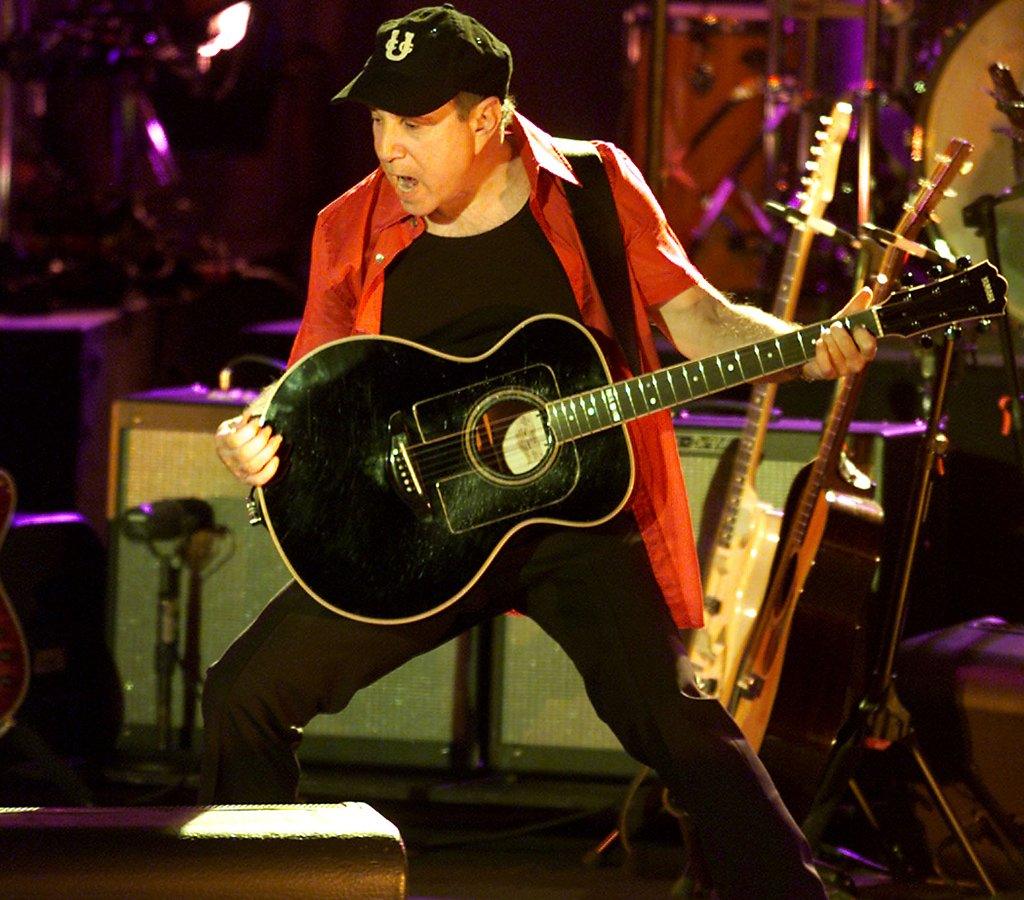
The musician's world tour reaches the UK in November
PAUL SIMON... ON SONGWRITING
Things have slowed down. But that's partly because I've done a lot of stuff and I don't feel like repeating [myself]. And also, I have to think, 'Does the world really need to hear this in a song form, or am I just wasting people's time?'
... ON WRITING HOOKS
I was very good at writing hooks for a long time. And I still can - but my interest in hooks is less than it used to be. Like, I may take a chorus that's hooky and do it twice, whereas a pop song would do it four times. Twice is enough for me to make my point.
... ON INSTAGRAM
The idea that people are photoshopping their own pictures has to be very stressful. You don't look like that, but you wish you did. And when somebody actually meets you, you don't look like your picture. So who are you? Who are we?
Are we all just what we look like, and it's not about whether you have a good heart or a conscience? And more and more, you can see that that's the case. There are people who are very attractive and either their morals are reprehensible or their value system is vacuous. You couldn't be elected prime minister if you weren't handsome enough.
... ON DAVID BOWIE
"David Bowie spent more time thinking about what he would look like, or what character he would inhabit, than he did thinking about the song. I don't know because I barely knew David Bowie - but it seems to me the way he changed persona from era to era, that he spent a lot of time thinking about that.
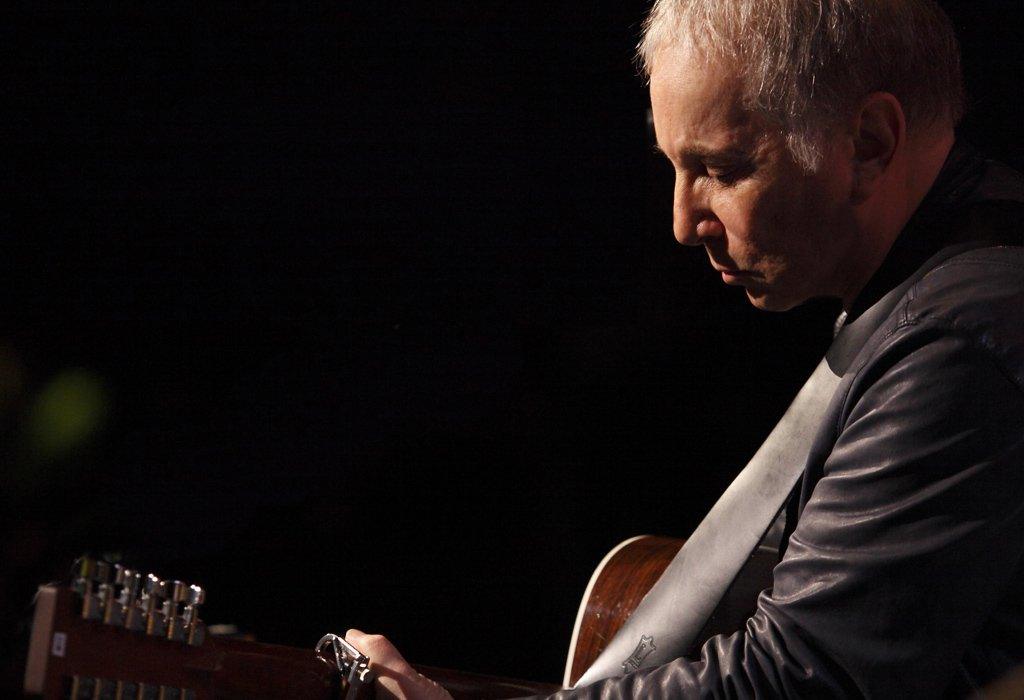
The star says he has toyed with the idea of retirement
... ON PRINCE
"Prince was a very sweet guy, the little bit that I knew him. We hung out once or twice, if you can even say that, because he was very shy. He didn't like to talk too much, but he loved to play. He liked to play, he liked to go to clubs and dance, he liked to make records. That [his death] was shocking news. Shocking and upsetting."
... ON BEING A FRUSTRATED DRUMMER
"I'm not frustrated! I do a lot of my recording at home in my studio, and I do it almost daily. I'll spend hours playing a bell sound or maybe a celesta, or a big gong. I wouldn't put down a groove. I'd call the drummer in my band to do that. If I had to play for 16 bars without making an error, I couldn't do it."
... ON HIS LISTENING HABITS
"I'll listen to stuff from the 50s a lot. Sometimes I'll just sit by the radio and punch the buttons. And I have the Elvis channel on my car, which is unbearably boring, except when they play the only period I'm interested in, which is 1956 to 59. I still love that music."

- Published21 December 2012
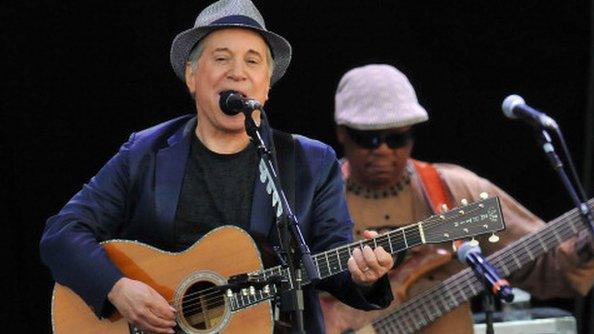
- Published22 November 2011
